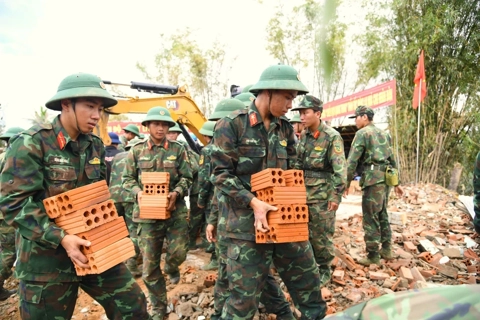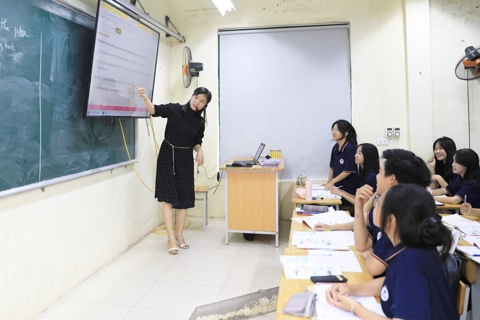Social Affairs
PEPFAR – a journey of 15 years with US$842M for HIV/AIDS control in Vietnam
Apr 22, 2019 / 01:30 PM
PEPFAR helps Vietnam have more HIV/AIDS-acquired beneficiaries of antiretroviral treatment and less infections.
For nearly two decades, the US has partnered with Vietnam in its fight against HIV through the President’s Emergency Plan for AIDS Relief (PEPFAR), funding US$841.42 million between 2004 and 2018.
With the operations starting in June 2004, Vietnam was the first country in Asia to receive PEPFAR’s support, according to the organization’s officials.
Since then, PEPFAR has taken bold measures to implement an innovative and successful HIV response, supporting life-saving antiretroviral treatment for more than 161,632 people in Vietnam.
And in the last three years, the number of people on HIV treatment has increased by more than 50%.
Targets
PEPFAR provides targeted assistance to maximize the quality, coverage, and impact of the national response to HIV/AIDS in collaboration with the government of Vietnam and other development partners.
Vietnam is home to around 280,000 people living with HIV (PLWH), including 130,000 people on antiretroviral therapy/treatment (ART), 11,000 new infections, and 9,000 AIDS-related deaths.
With the support of PEPFAR and other international organizations, Vietnam expects to raise the treatment targets by 2030 to 95-95-95, 90% reduction in new HIV infections compared with that in 2010, and zero discrimination.
The 95-95-95 goals mean 95% of all people with HIV know their HIV status, 95% of all people with diagnosed HIV will receive sustained antiretroviral therapy, and 95% of all people receiving antiretroviral therapy will have viral suppression.
As Vietnam increases its domestic monetary and programmatic investments, PEPFAR is aligning its investments with national priorities to ensure high-quality HIV services are integrated into the general health and social services systems.
Specific priorities include the following:
(i) Improving the quality and coverage of HIV services, including treatment retention, with a focus on key and vulnerable populations.
(ii) Enhancing the cost-effectiveness of programs and building affordable models of care to increase domestic financing.
(iii) Supporting the development of national policies and institutions to improve program quality and sustainability, including through investments in HIV/AIDS-related surveillance and strategic information, human resources for health, laboratory systems strengthening, and civil society engagement.
(iv) Rapid scale-up of services in the Northern Economic Zone (NEZ) and Ho Chi Minh City (HCMC) regions to reach 90-90-95 targets and epidemic control by 2020.
Investment profile
The HIV response in Vietnam is experiencing a shifting funding landscape from a donor-dependent program to one that is primarily domestically financed as Vietnam has become a low middle income country.
Prior to initiation of transition in country operational plan 2015, the two major sources of donor funding for HIV in Vietnam were PEPFAR and the Global Fund to Fight AIDS, Tuberculosis and Malaria (GFATM).
The two organizations together contributed more than two-thirds of HIV funding in Vietnam, with 72% and 66% of total HIV expenditures in the country in 2014 and 2015, respectively, according to PEPFAR.
15-year journey and results
The United States Agency for International Development (USAID) began supporting HIV/AIDS programs in Vietnam in the mid-1990s. In June 2004, HIV/AIDS funding to Vietnam was increased under PEPFAR.
Concurrently, PEPFAR undertakes case verification and risk identification in the two priority regions to secure better estimates of the real numbers of people living with HIV (PLHIV) and the risks driving transmission.
Since the operations in Vietnam in 2004, PEPFAR has made efforts to curb the infections and increase the number of people on ART.
In 2015, Vietnam was the first country in Southeast Asia to commit to the UNAIDS “90-90-90” epidemic control targets. Under these targets, 90% of people living with HIV will know their HIV status, 90% of those who know their status will be on treatment, and 90% of those on treatment will achieve HIV viral suppression.
Thanks to the support by the UNAIDS and PEPFAR, Vietnam is the first country in the Asia-Pacific to commit to these 90-90-90 targets. And these targets are achievable, given the latest innovations in the HIV response and Vietnam’s history of evidence-based innovation and scale-up, according to the UNAIDS.
In the past two years, PEPFAR has introduced community based lay- and self-testing, oral test kits, index testing, recency testing, and pre-exposure prophylaxis (PrEP) which the government of Vietnam has committed to expand broadly.
Notably, PEPFAR together with the Joint United Nations Program on HIV/AIDS (UNAIDS) have conducted the Fast-Track Strategy to accelerate the HIV response toward Ending AIDS and leaving no one behind.
US Ambassador to Vietnam Daniel J. Kritenbrink said in celebrating the first clients receiving antiretroviral drugs covered by social health insurance (SHI) in March 2019 that six years ago, Vietnam committed to reduce dependence on donor resources for controlling the HIV epidemic, according to the US Embassy in Hanoi.
The government of Vietnam is doing what few other governments in the world have been able to do. It means that you have taken responsibility for financing HIV prevention and treatment services through the national SHI system, the ambassador added.
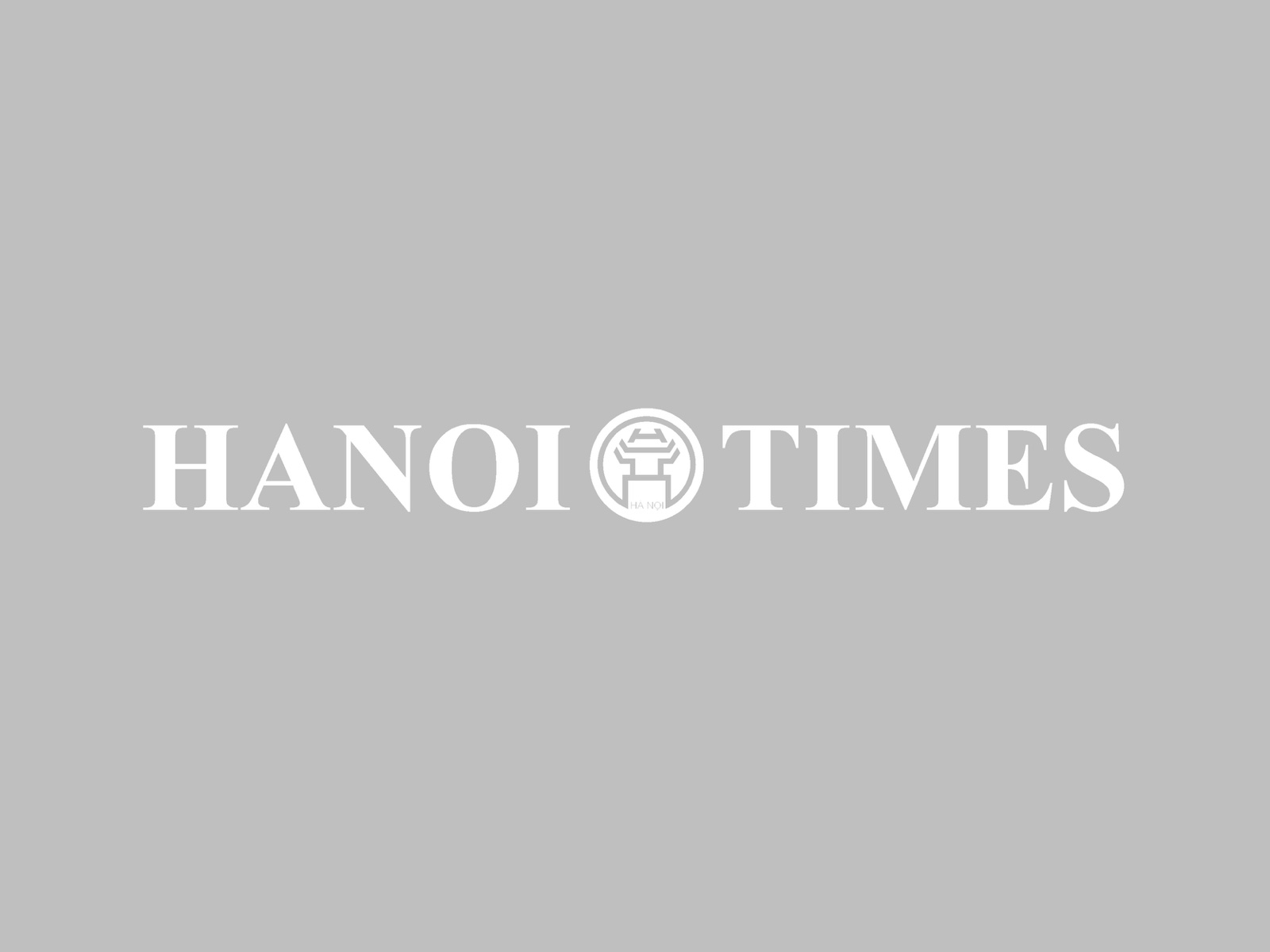
Illustrative photo
|
Since then, PEPFAR has taken bold measures to implement an innovative and successful HIV response, supporting life-saving antiretroviral treatment for more than 161,632 people in Vietnam.
And in the last three years, the number of people on HIV treatment has increased by more than 50%.
Targets
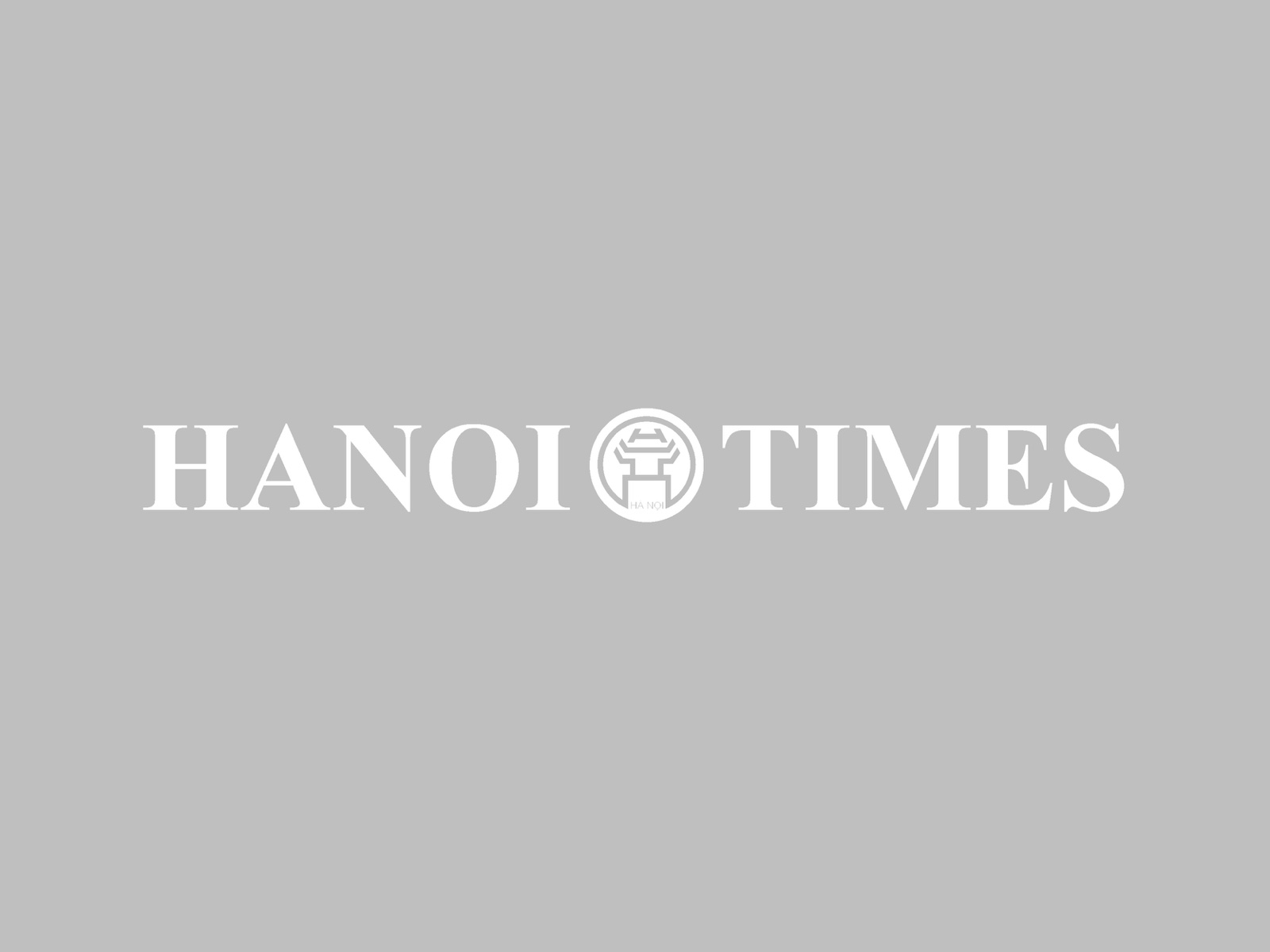
PEPFAR helps provide treatment to more HIV/AIDS people in Vietnam. Photo: PEPFAR
|
Vietnam is home to around 280,000 people living with HIV (PLWH), including 130,000 people on antiretroviral therapy/treatment (ART), 11,000 new infections, and 9,000 AIDS-related deaths.
With the support of PEPFAR and other international organizations, Vietnam expects to raise the treatment targets by 2030 to 95-95-95, 90% reduction in new HIV infections compared with that in 2010, and zero discrimination.
The 95-95-95 goals mean 95% of all people with HIV know their HIV status, 95% of all people with diagnosed HIV will receive sustained antiretroviral therapy, and 95% of all people receiving antiretroviral therapy will have viral suppression.
As Vietnam increases its domestic monetary and programmatic investments, PEPFAR is aligning its investments with national priorities to ensure high-quality HIV services are integrated into the general health and social services systems.

PEPFAR's efforts to reduce infections. Photo: Aidsdatahub
|
(i) Improving the quality and coverage of HIV services, including treatment retention, with a focus on key and vulnerable populations.
(ii) Enhancing the cost-effectiveness of programs and building affordable models of care to increase domestic financing.
(iii) Supporting the development of national policies and institutions to improve program quality and sustainability, including through investments in HIV/AIDS-related surveillance and strategic information, human resources for health, laboratory systems strengthening, and civil society engagement.
(iv) Rapid scale-up of services in the Northern Economic Zone (NEZ) and Ho Chi Minh City (HCMC) regions to reach 90-90-95 targets and epidemic control by 2020.
Investment profile
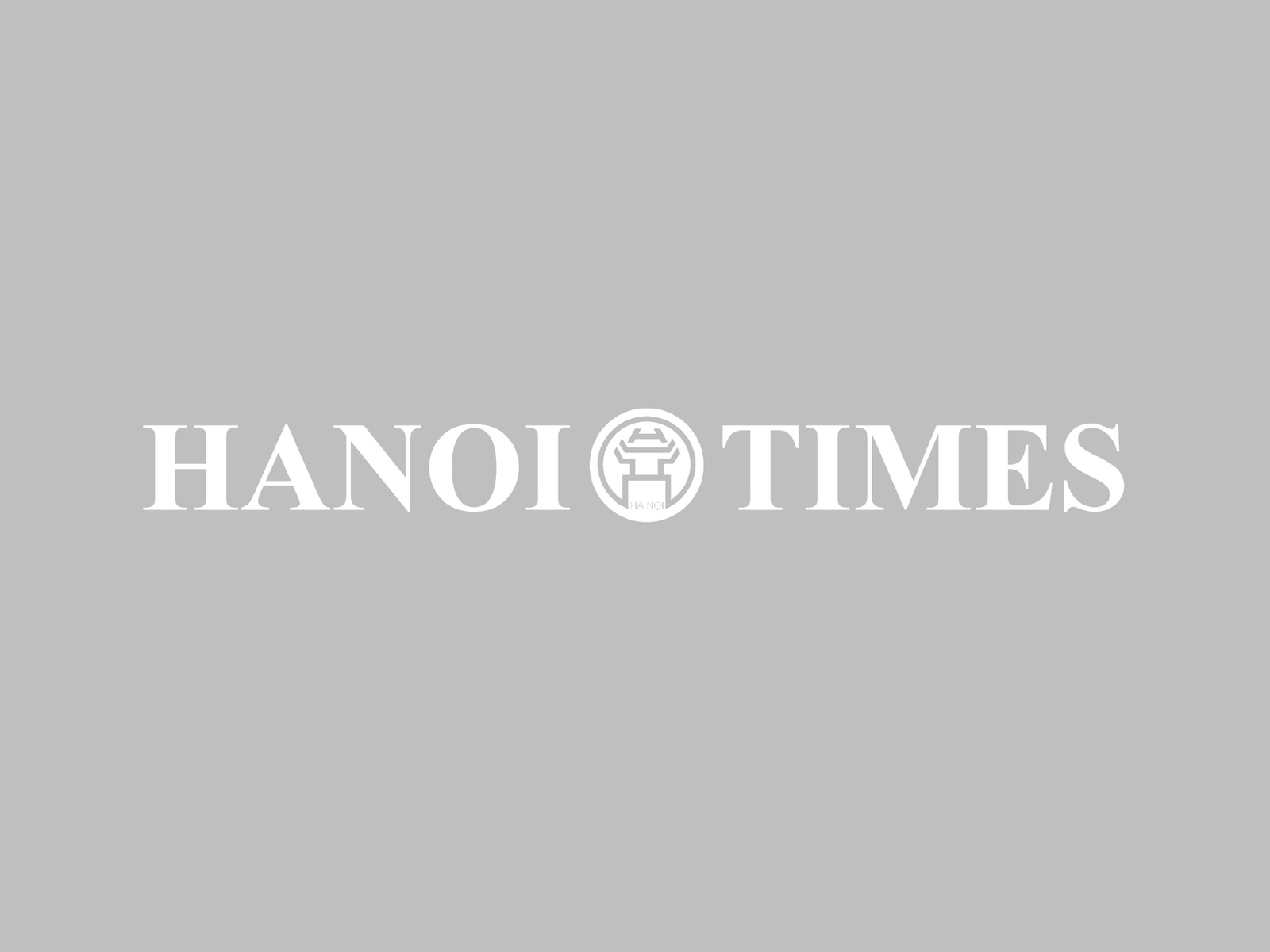
Role of foreign organizations, including PEPFAR, in funding for HIV/AIDS control in Vietnam. Photo: Aidsdatahub
|
Prior to initiation of transition in country operational plan 2015, the two major sources of donor funding for HIV in Vietnam were PEPFAR and the Global Fund to Fight AIDS, Tuberculosis and Malaria (GFATM).
The two organizations together contributed more than two-thirds of HIV funding in Vietnam, with 72% and 66% of total HIV expenditures in the country in 2014 and 2015, respectively, according to PEPFAR.
15-year journey and results
The United States Agency for International Development (USAID) began supporting HIV/AIDS programs in Vietnam in the mid-1990s. In June 2004, HIV/AIDS funding to Vietnam was increased under PEPFAR.
Concurrently, PEPFAR undertakes case verification and risk identification in the two priority regions to secure better estimates of the real numbers of people living with HIV (PLHIV) and the risks driving transmission.
Since the operations in Vietnam in 2004, PEPFAR has made efforts to curb the infections and increase the number of people on ART.
In 2015, Vietnam was the first country in Southeast Asia to commit to the UNAIDS “90-90-90” epidemic control targets. Under these targets, 90% of people living with HIV will know their HIV status, 90% of those who know their status will be on treatment, and 90% of those on treatment will achieve HIV viral suppression.
Thanks to the support by the UNAIDS and PEPFAR, Vietnam is the first country in the Asia-Pacific to commit to these 90-90-90 targets. And these targets are achievable, given the latest innovations in the HIV response and Vietnam’s history of evidence-based innovation and scale-up, according to the UNAIDS.
In the past two years, PEPFAR has introduced community based lay- and self-testing, oral test kits, index testing, recency testing, and pre-exposure prophylaxis (PrEP) which the government of Vietnam has committed to expand broadly.
Notably, PEPFAR together with the Joint United Nations Program on HIV/AIDS (UNAIDS) have conducted the Fast-Track Strategy to accelerate the HIV response toward Ending AIDS and leaving no one behind.
US Ambassador to Vietnam Daniel J. Kritenbrink said in celebrating the first clients receiving antiretroviral drugs covered by social health insurance (SHI) in March 2019 that six years ago, Vietnam committed to reduce dependence on donor resources for controlling the HIV epidemic, according to the US Embassy in Hanoi.
The government of Vietnam is doing what few other governments in the world have been able to do. It means that you have taken responsibility for financing HIV prevention and treatment services through the national SHI system, the ambassador added.







